【新唐人2012年1月4日訊】新的一年剛開始,中國總理溫家寶就遭到中共中央機關刊物《求是》炮轟,有媒體指出,這是中共喉舌第四次不點名批評溫家寶提中國「道德滑坡」政見。學者表示,溫家寶挨批的背後,是18大前,各個派係爭鬥白熱化的集中反映。
2012年元旦出版的中共黨刊《求是》雜誌,發表了所謂《正確認識我國社會現階段道德狀況》的署名文章。有媒體指出,這是繼中共黨報《光明日報》批評溫家寶的「道德滑坡」論之後,中共媒體第四次炮轟溫家寶。
2011年4月溫家寶表示,近年來相繼發生的「毒奶粉」、「瘦肉精」、「地溝油」、「染色饅頭」等惡性食品安全事件,足以表明中國社會誠信缺失、道德滑坡已經到了何等嚴重的地步。
《求是》雜誌同時刊登了胡錦濤在十七屆六中全會上的部分講話,指責西方加緊西化、分化中國。外界認為,雜誌社有借胡打溫的意思。
香港《蘋果日報》指出,《求是》和《光明日報》是中宣部直接控制的報刊,兩份報刊公然批評溫家寶,既彰顯胡溫的政治歧見,又顯示中共高層權鬥的白熱化。
「美國紐約城市大學」政治學教授夏明:「對溫家寶的絞殺,從某種程度上來說,也是目前中國整個執政當局他的心理的直接封閉、逐漸反對普世價值的一個典型表現。這是中共政府目前在面對強大的普世價值的挑戰下,他的一種退卻、一種頑抗,同時一種封閉心態。」
夏明分析認為,以胡錦濤為代表的團派和以薄熙來為代表的新左派,他們都不想否定中國現狀,他們覺得中國已經非常成功了,根本不用去考慮全球的普世價值來作為道德參考。而溫家寶從改革派方向批評現存的一些政策,想把中國改革的主題提出來,所以他會受到胡錦濤和薄熙來一派的強大挑戰。
不僅如此,在中國大陸,思想界也比較混亂。像毛左的《烏有之鄉》網站發起評選「十大文化漢奸」活動。其中著名學者茅於軾、歷史教師袁騰飛、黨史專家李銳獲得前三名,而白岩松、辛子陵等也都入圍。
對此,夏明表示,中國思想界、知識界也在為不同的派系服務,他們因為利益的分化而出現尖銳的對立,他們本身代表著不同的政治陣營和利益集團。
夏明:「目前面對18大的權利交接班過程,各派在思想戰線上展開了白熱化的交鋒。目前對溫家寶的一些打壓、思想上的圍攻,從某種程度上來說,也是政治派系權利爭鬥的一部分。」
夏明最後指出,在道德層面,中共既反中國的傳統又反西方的普世價值,是最為反動和落後的政權。
新唐人記者常春、宋風、孫寧採訪報導。
CCP Internal Fighting Intensified, Wen Criticised in the New Year
At the beginning of the New Year, Chinese premier Wen Jiabao
was criticised by the Chinese Communist Party (CCP)'s magazine, Qiushi.
Some media highlighted that this is the fourth time the CCP
media criticized his opinion on China's moral degradation without mentioning Wen's name.
Scholars said that criticising Wen reflects the intensified CCP
Internal fighting before 18th Congress.
On Jan.1, the CCP's party media, Qiushi, published,
“Correct way of understanding the current moral situation.”
Some media pointed out that following the party's media
Guangming Daily's article,
this is the fourth time criticising Wen's opinion regarding
China's moral degradation.
On April 2011, Wen said that what happened recently
with the series of food safety incidents such as “tainted milk,”
“lean meat powder”, “drainage oil,” and “tainted steamed buns”
shows lack of integrity and serious moral decline in Chinese society.
Qiushi magazine published part of Hu Jintao's
6th Plenary Session's speech echoing this article,
accusing a western country of trying to westernize and divide China.
It is speculated that the articles intended to show Hu criticizing Wen.
Hong Kong Apple Daily reported that Qiushi
and Guangming Daily are controlled by the CCP central propaganda department.
Two media publicised articles about Wen Jiabao not only
highlights Hu and Wen's differing political opinions, but also highlights the intensified internal struggle.
Political science professor, Xia Ming
at City University of New York, “Criticising Wen reflects
the CCP directly closed their mind and gradually went against
universal values.
This shows the CCP's retreat, recalcitrance and closed mind
when facing the challenge of universal values.”
Xia Ming analysed that neither Hu Jintao's nor Bo Xilai's
groups want to devalue China's current situation,
they think China has been very successful, and
never considered taking universal values as a moral reference.
However, Wen Jiabao criticised the current policies
from an angle of reform.
He wants to point out the major issue of the reform is
that he faces challenges from Wen and Bo's groups.
Moreover, the intellectual field is also in chaos.
A leftist website devoted to voting for the “top 10 cultural spies,”
launched, scholar Mao Yushi, history teacher Yuan Tengfei,
party history expert Li Rui are selected as top 3,
and Bai Yansong and Xin Ziling have also been selected.
Xiao shared his opinion that China's intellectuals serve
different party groups, they opposed each other for their own interests.
They represent different political groups and interests groups.
Xia Ming: “At present, facing the power shift process of
18th Congress, all the party groups' fighting intensified. Pressuring Wen Jiabao is the part of it.”
Xia Ming concluded that if talking about morals,
China is against both their own traditional morals and universal values.
The CCP is a most reactionary and backward regime.
NTD reporters Chang Chun, Song Feng and Sun Ning
看下一集
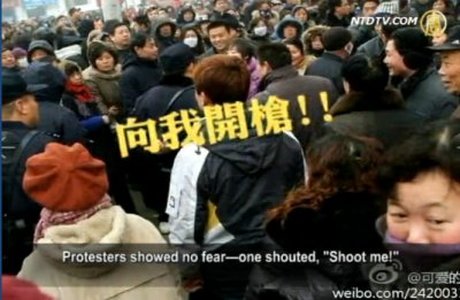
【禁聞】安陽當局秋後算帳 21人被抓捕
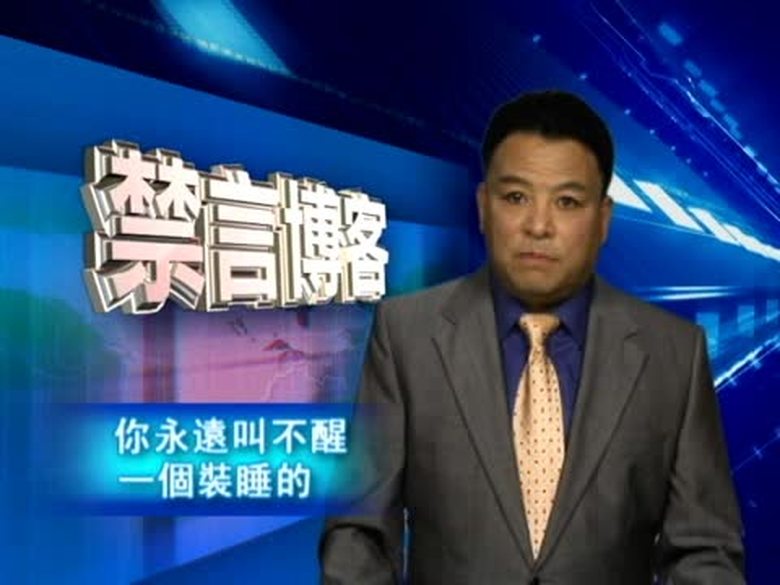
【禁言博客】你永遠叫不醒 一個裝睡的人
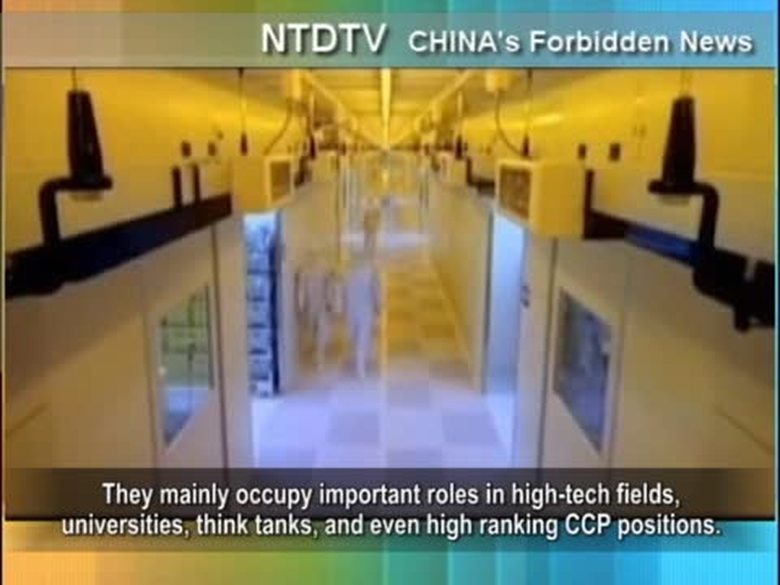
【禁聞】海歸回國促民主 一黨專制受威脅
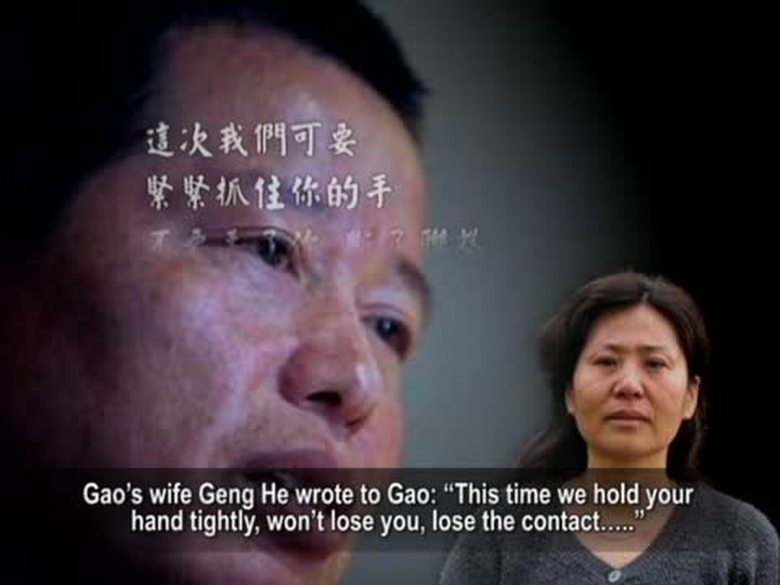
【禁聞】高智晟被關押在新疆 胡佳號召探監
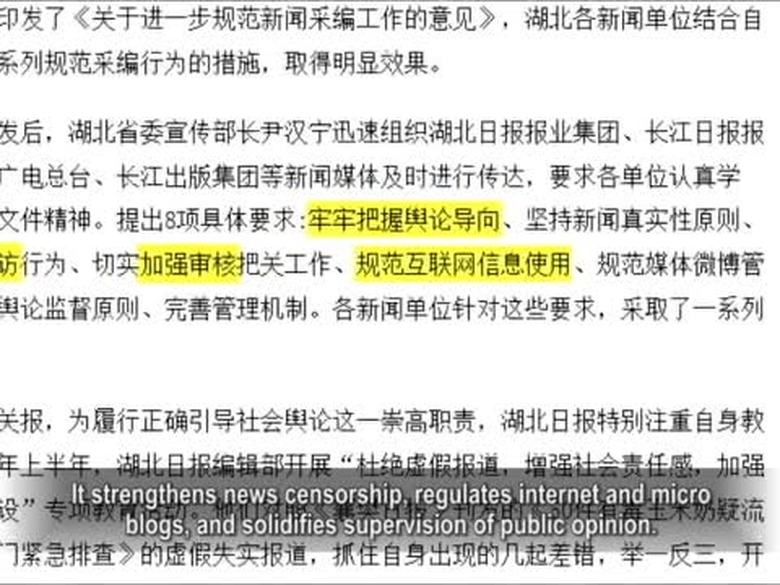
【禁聞】湖北提八項要求 禁媒體異地監督
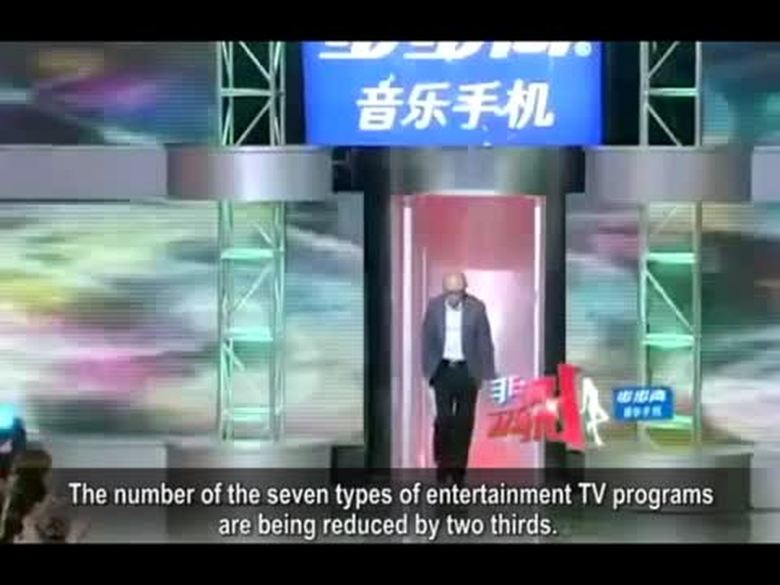
【禁聞】「禁娛令」開跑 34電視頻道改版
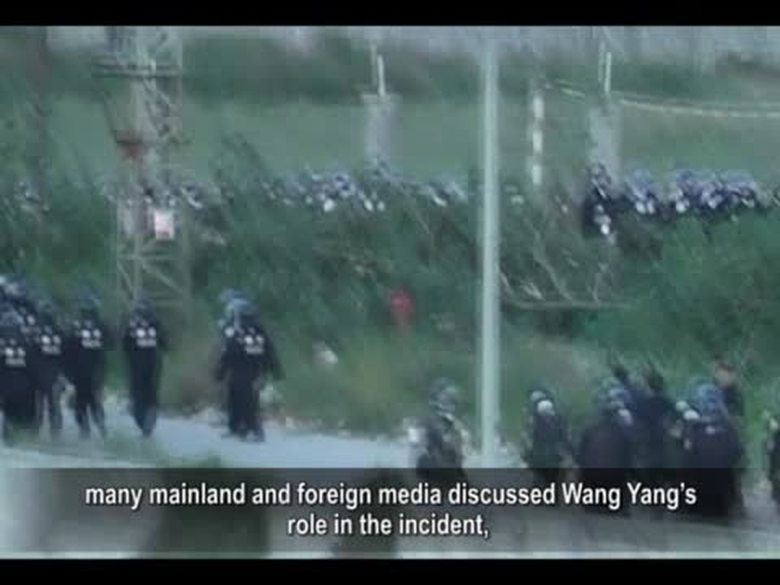
【禁聞】躋身十八大汪洋拋新招 農民工換號
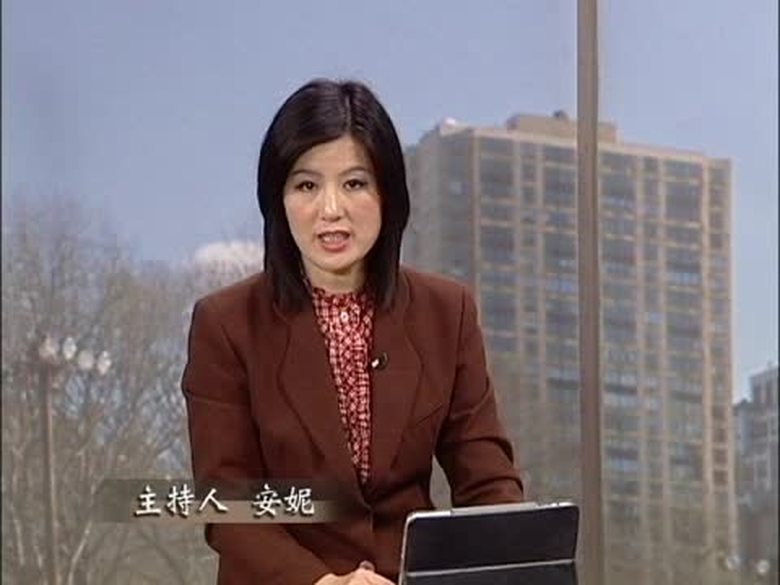
【禁聞論壇】這是中國外交的重大勝利?
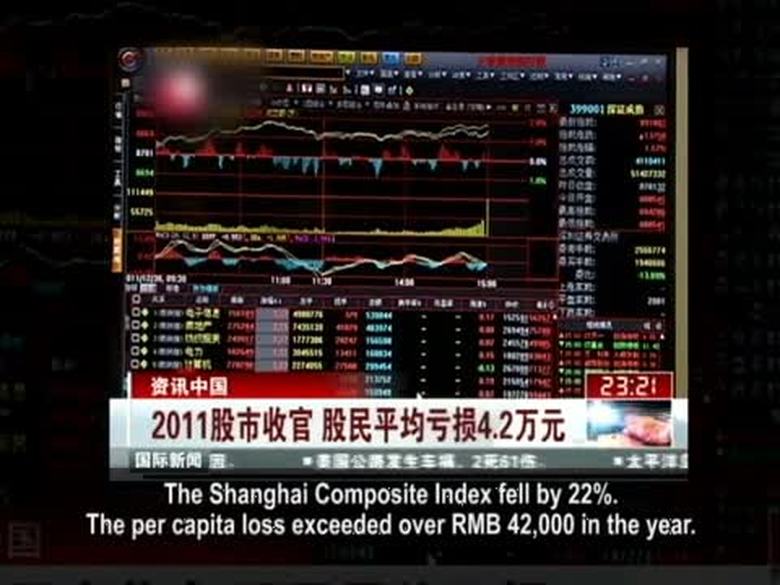
【禁聞】股市人均虧4.2萬 近千億萬富豪誕生
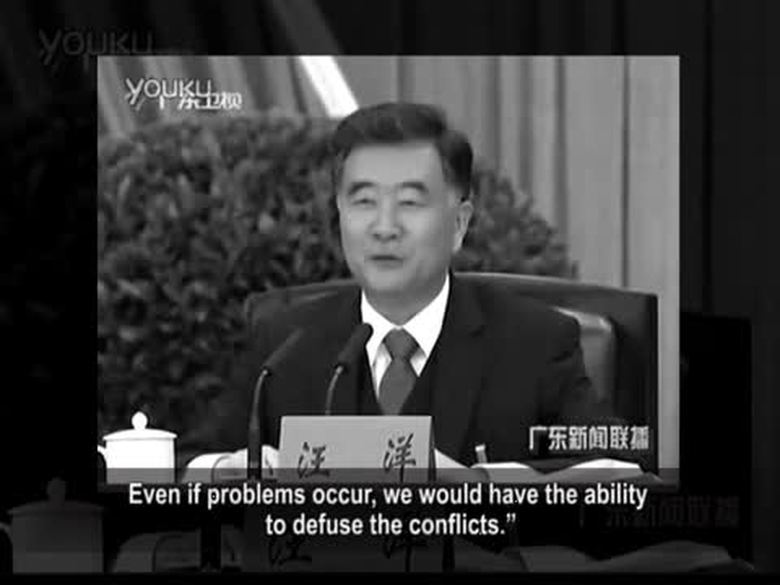
【禁聞】汪洋不提GDP 提「人狗官」論

【禁聞】美國戰略新佈局 重心轉向亞太
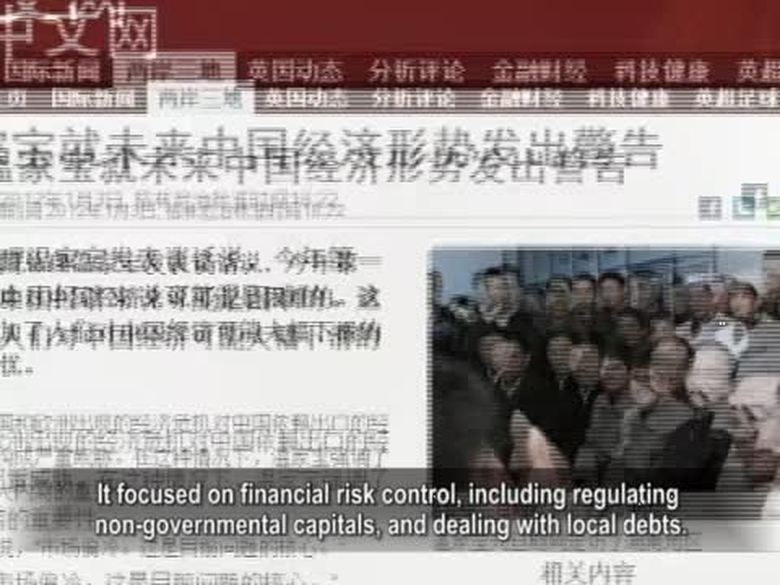
【禁聞】金融會議控風險 學者:硬著陸難免
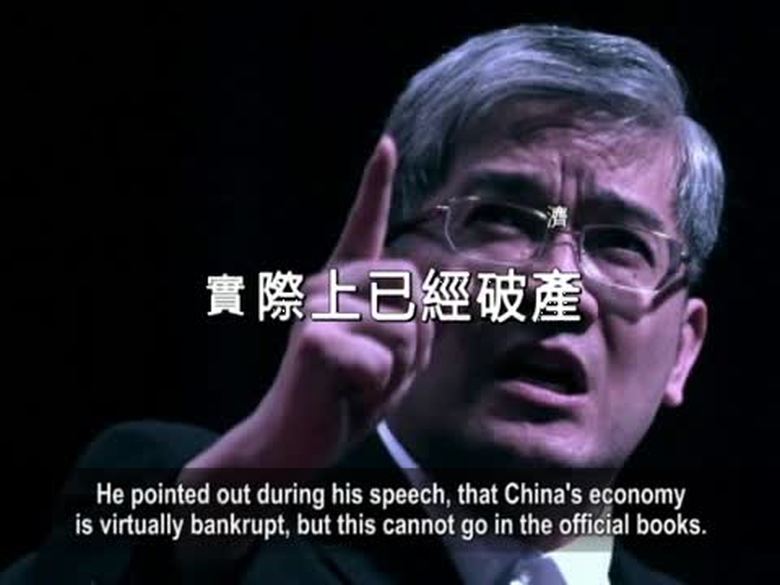
【禁聞】天滅中共網在收:經濟危機成定局
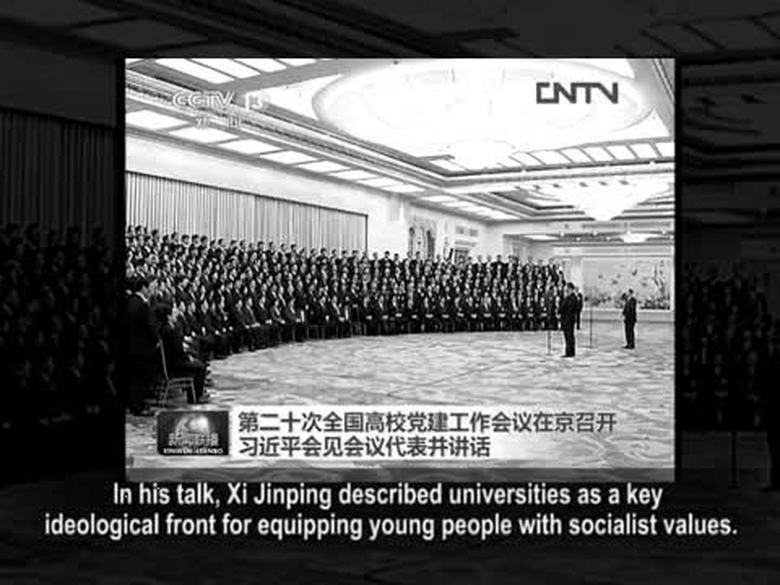
【禁聞】習近平下令管控大學生 懼六四重演?
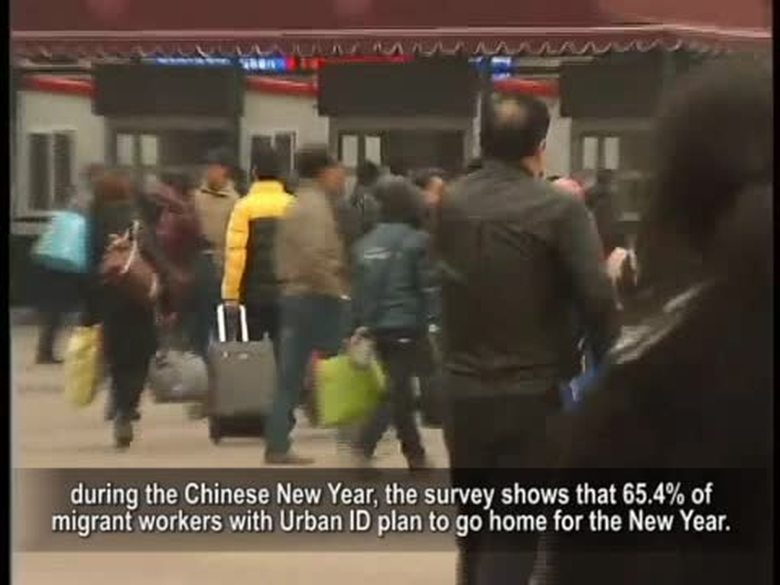
【禁聞】新年返鄉一票難求 「跨國回家」
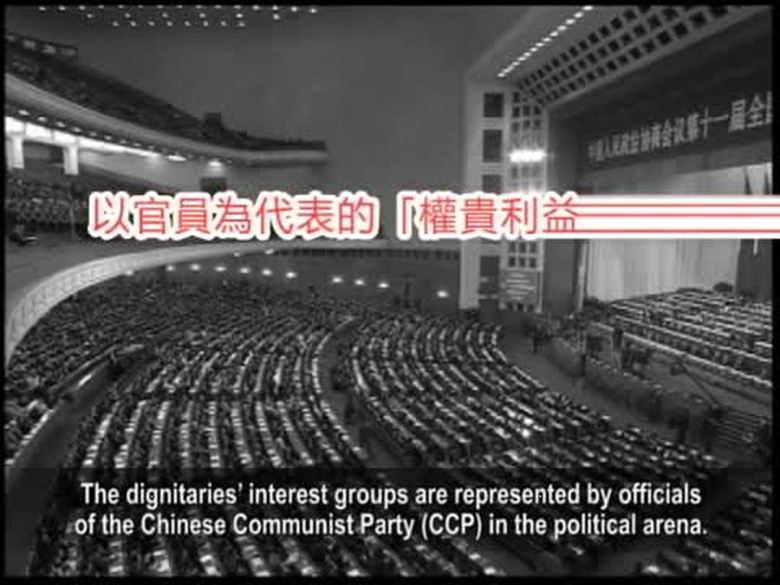
【禁聞】學者呼籲中國「普選」








